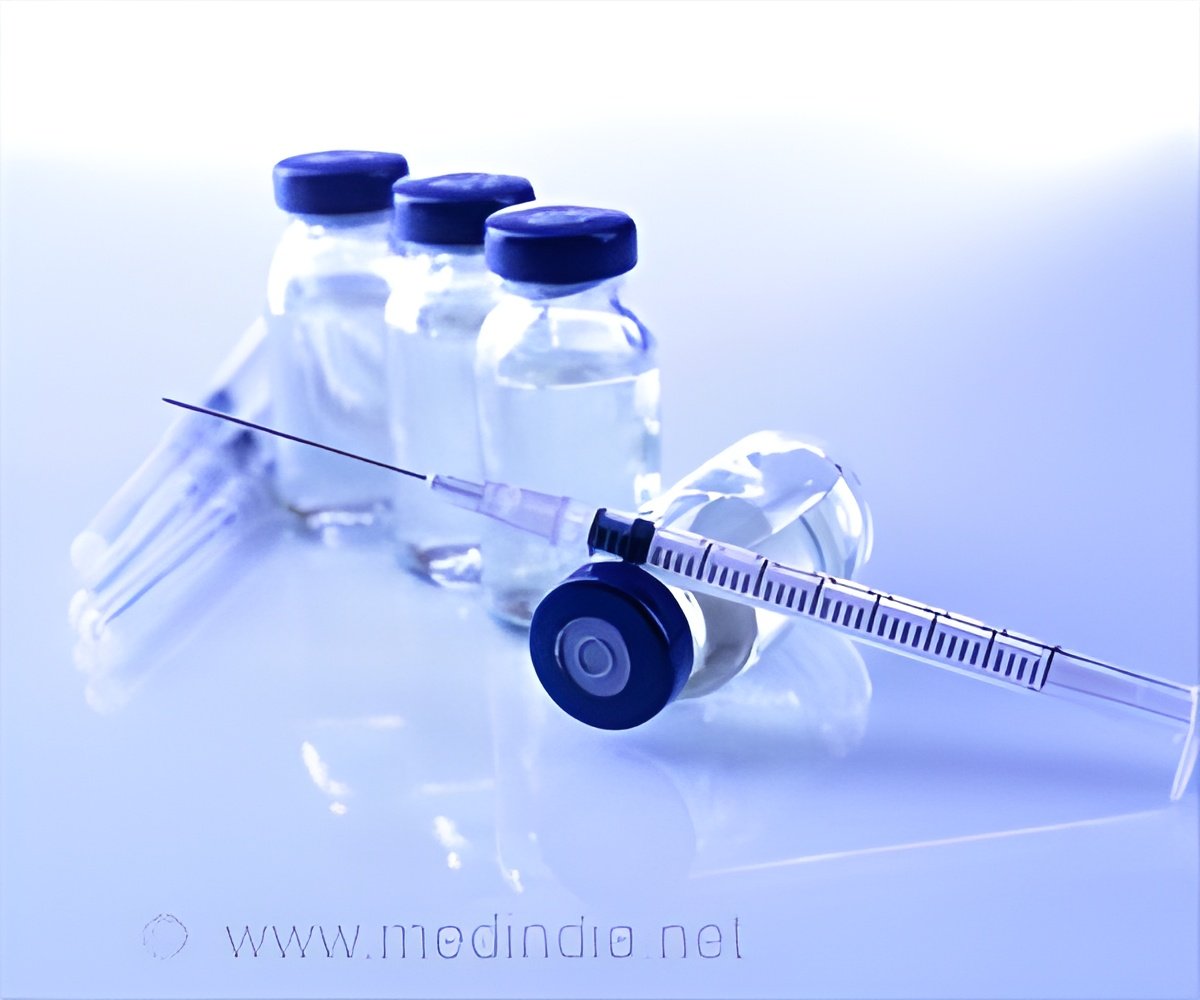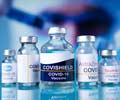Observational study has begun to assess the immune responses generated by COVID-19 vaccines administered to pregnant or postpartum people.

‘The results of new study will help fill gaps in knowledge and help inform policy recommendations and personal decision-making on COVID-19 vaccination during pregnancy and in the postpartum period.’
Read More..




The study, named MOMI-VAX, is sponsored and funded by the National Institute of Allergy and Infectious Diseases (NIAID).Read More..
“Tens of thousands of pregnant and breastfeeding people in the United States have chosen to receive the COVID-19 vaccines available under emergency use authorization. However, we lack robust, prospective clinical data on vaccination in these populations,” said NIAID Director Anthony S. Fauci, M.D.
“The results of this study will fill gaps in our knowledge and help inform policy recommendations and personal decision-making on COVID-19 vaccination during pregnancy and in the postpartum period.”
Severe COVID-19 during pregnancy can lead to hospitalization or put the infant at risk for complications such as preterm birth. Individuals who are pregnant or breastfeeding can choose to receive authorized COVID-19 vaccines, and studies to gather safety data in these populations are ongoing. So far, COVID-19 vaccines appear to be safe in these populations.
The study helps to better identify antibody responses to COVID-19 vaccines among pregnant and postpartum people and the transfer of antibodies to their infants during pregnancy or through breast milk.
Advertisement
Investigators will enroll 750 pregnant individuals and 250 postpartum individuals within two months of delivery who have received or will receive any COVID-19 vaccine authorized or licensed by the U.S. Food and Drug Administration. Their infants also will be enrolled in the study. Vaccines are not provided to participants as part of the study protocol.
Advertisement
Participants and their infants will be followed through the first year after delivery. Researchers will analyze blood samples collected from pregnant and postpartum participants.
These samples will be collected at study enrollment; at delivery for participants who enrolled during pregnancy; and two, six, and 12 months after delivery.
Pregnant participants will have blood drawn at enrollment as well as approximately one month after vaccination.
Researchers will also perform antibody testing on samples from umbilical cord blood collected at delivery and blood samples collected from infants two and six months after delivery.
They will also assess potential effects on maternal immune responses and transfer of antibodies across the placenta according to the mother’s age, the trimester of pregnancy during which the vaccine was received, the mother’s health, and the mother’s COVID-19 risk status.
Mothers will also have the option of providing breast milk samples at approximately two weeks, two months, six months, and 12 months after delivery.
The investigators will evaluate breast milk antibodies to assess the potential for protection against COVID-19 in breastfed infants. They will gather information on birth and neonatal outcomes, and COVID-19 illnesses in infant participants.
NIAID conducts and supports research—at NIH, throughout the United States, and worldwide—to study the causes of infectious and immune-mediated diseases, and to develop better means of preventing, diagnosing and treating these illnesses.
Source-Medindia












